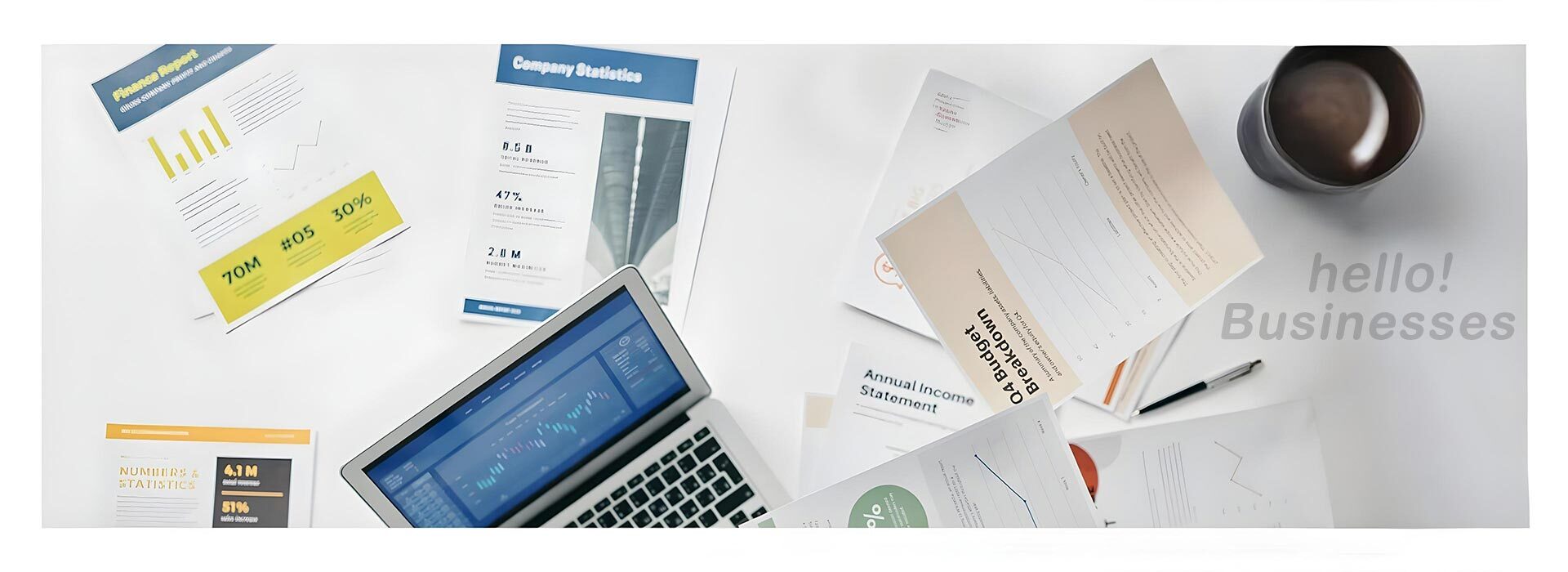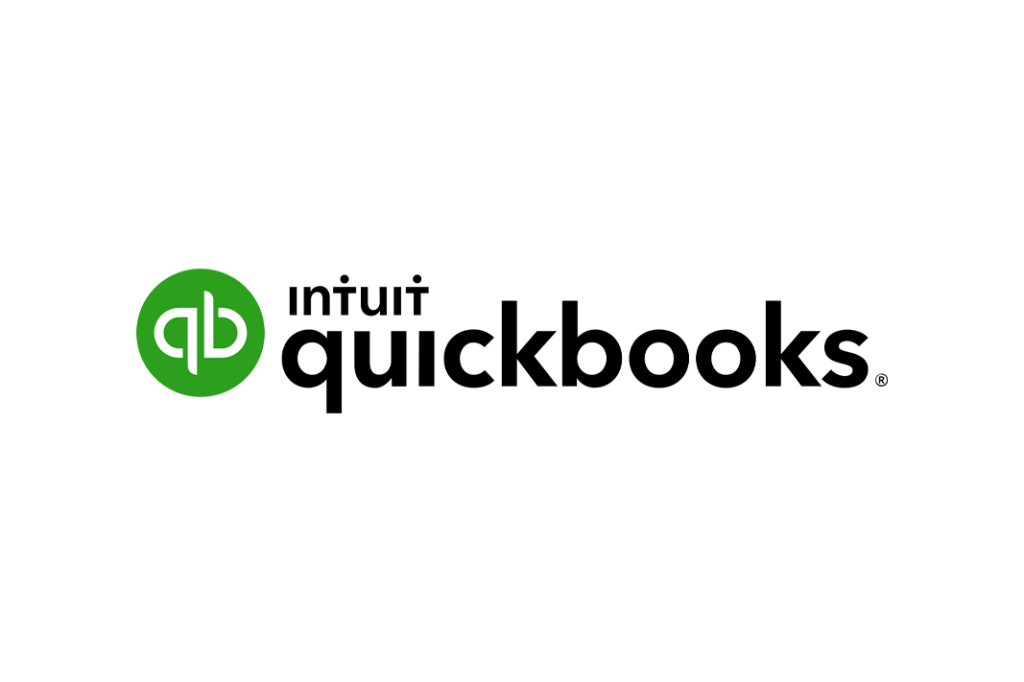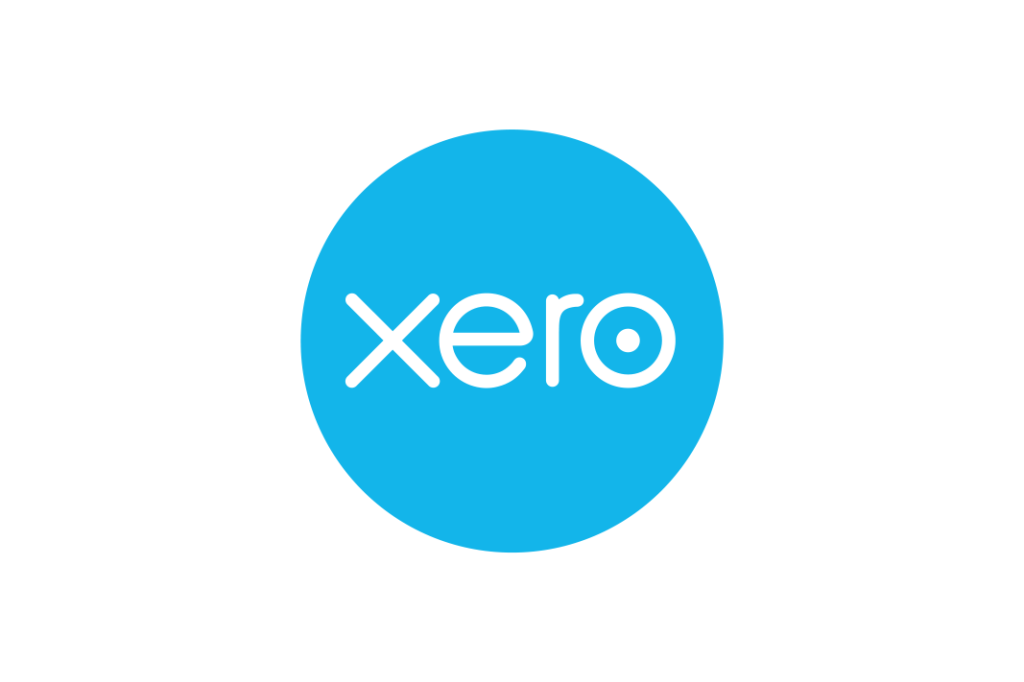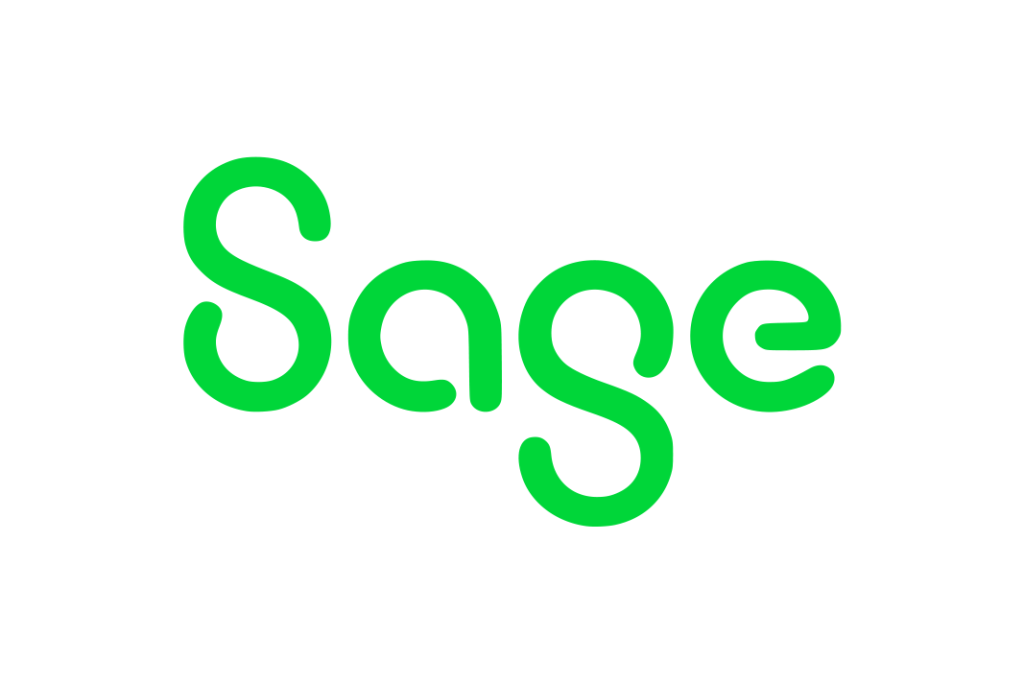

Let’s be honest – bookkeeping can be a real headache, taking valuable time away from the work you’re truly passionate about. That’s where we come in.
Whether you’re a solo entrepreneur, a busy contractor managing multiple projects and teams, or the proud owner of an expanding small business, we are here to support you. From invoicing, expense tracking, reconciliations to payroll and tax preparation. Our virtual bookkeeping services are designed to meet unique needs of your business. Our in-depth knowledge of Canadian businesses (corporations) and tax laws ensures you’re taking advantage of every possible deduction, reducing your tax liability, and keeping more of your hard-earned profits.
Why won’t you reduce the costs and hassles of having on premise staff, when you can benefit from virtual bookkeeping services?
Switching to online bookkeeping isn’t just convenient—it’s transformative.
We have a team of qualified and experienced bookkeepers and accountants. We never say ‘no’ to responsibility, that’s the biggest reason of our clients’ trust in us.
We are reliable, professional and timely.
In a nutshell we become your virtual accountants or virtual bookkeepers, a part of your team. Our services will be tailored to your needs.
All your financials transactions being timely and accurately recorded.
Track invoices and payments effortlessly to maintain positive cash flow.
Simplify employee payments and stay compliant with Canadian tax laws.
Detailed profit-and-loss, cashflow statements and other financials. Custom reports and analysis for management use for decision making.
Consulting and implementation of accounting software to serve processes and needs.
All banks, receivables, payables and inventory related reconciliations.
Create and send invoices to customers on time.
Dedicated online accountants or online bookkeepers who work on your schedule.
Providing support as accountants to CFOs and financial controllers.
Stay ahead with books that are ready for tax season, saving you time and stress.
Ensure every expense, from office supplies to vehicle mileage, is categorized properly.
Preparing periodic financials statements to serve various purposes.
*average cost for bookkeeping. Call us to discuss weekly or monthly bookkeeping options.
* starter bookkeeping package. Call us, to get an easy monthly bookkeeping package.
Let’s get real—bookkeeping is more than just a task. It’s the backbone of your business’ financial success. Here’s why working with us will elevate your business:
Ready to simplify your finances? Let’s get started today.
We literally become your finance and accounts team:
Did you know that poor bookkeeping can lead to missed tax deductions, cash flow problems, or even penalties? Many small businesses (corporations) in Canada underestimate the importance of clean, up-to-date financial records. We ensure every transaction is categorized correctly, banks are reconciled, your cash flow is optimized, and your business remains compliant with tax laws. Beyond having clean and balanced books, you will get professional custom reports that supports your business at every step.
Here are some common issues that can lead to audits or penalties that you definitely want to avoid. By partnering with an expert accountant in rideshare taxes, you can sidestep these pitfalls and focus on what you do best—driving & earning!
Mixing personal and business finances is one of the most common bookkeeping issues. When expenses overlap, it can create a messy financial picture that makes tax time stressful and business decisions unclear.
Why Does This Happen?
Consequences:
What You Can Do:
Failing to reconcile your bank statements regularly is a bookkeeping mistake that leads to cash flow discrepancies and inaccurate records.
Why Does This Happen?
Consequences:
What You Can Do:
Failing to properly manage accounts receivable is a common issue for businesses dealing with unpaid invoices. Forgetting to follow up on overdue payments can harm your cash flow.
Why Does This Happen?
Consequences:
What You Can Do:
It’s easy to overlook small purchases like office supplies, coffee for a meeting, or parking fees. But these small expenses can add up to big tax deductions if properly recorded.
Why Does This Happen?
Consequences:
What You Can Do:
A lot of our team members, including the founder have worked as incorporated contractors (consultants) for small to large sized organizations in the field of accounting, tax, and management consulting. This exposure makes us better understand the problems faced and the expectations you would have from your accountant as a self-employed.
Misclassifying expenses can distort your financial reports and reduce your ability to claim accurate tax deductions.
Why Does This Happen?
Consequences:
What You Can Do:
Many small business owners neglect to save financial records, either due to lack of awareness or reliance on outdated systems.
Why Does This Happen?
Consequences:
What You Can Do:
Bookkeeping focuses on recording daily financial transactions such as sales, expenses, and payroll, while accounting interprets that data to create financial reports and tax filings. Many small businesses now use online bookkeeping services that work seamlessly with virtual accountants in Canada to provide real-time financial insights and tax-ready reports.
Accurate bookkeeping helps track cash flow, monitor profitability, and prepare for tax season. It also ensures your business stays compliant with CRA requirements. Using cloud-based bookkeeping solutions for small businesses keeps your finances organized and accessible anywhere, giving you clarity and control year-round.
Ideally, bookkeeping records should be updated weekly or monthly to avoid missed expenses or cash flow issues. With virtual bookkeeping services in Canada, your transactions can be updated automatically through secure online integrations, ensuring you always have up-to-date financial data.
Common mistakes include mixing personal and business expenses, missing small deductions, and failing to reconcile accounts regularly. Professional online bookkeepers for small businesses help prevent these issues by maintaining accurate records and providing regular financial reviews.
While small business owners can handle simple bookkeeping tasks themselves, hiring a virtual bookkeeping professional or online small business accountant saves time and reduces the risk of costly errors. Expert guidance ensures compliance, accuracy, and tax efficiency.
Double-entry bookkeeping records every transaction in two accounts — one debit and one credit — to maintain balanced books. This system provides a complete view of your business finances and helps detect errors early. Most cloud accounting software for small businesses automatically uses double-entry systems for accuracy.
Use digital receipt management tools for small businesses to scan and store receipts in the cloud like Zoombooks to scan and store receipts. Regularly review and categorize them to ensure nothing is missed come tax time. Organizing receipts digitally ensures easy access for audits, CRA reviews, or year-end reporting, and keeps your virtual bookkeeping system clean and paper-free.
If you find an error, correct it immediately and review previous entries for related issues. A virtual bookkeeper can help you reconcile accounts and ensure accuracy across your financial statements. It’s important to fix errors early to prevent larger discrepancies at tax time.
Popular online bookkeeping software options for small businesses in Canada include QuickBooks, Xero, or FreshBooks These cloud platforms integrate with banking apps, automate data entry, and simplify GST/HST tracking. A virtual bookkeeping expert can help you choose and set up the right software for your business.
Generally, you should keep records for at least 6 years in case of an audit. For tax purposes, Canada Revenue Agency (CRA) recommends keeping documents such as receipts and bank statements for at least 6 years from the end of the tax year they relate to.





Here’s how we work to ensure your bookkeeping stays smooth and efficient: